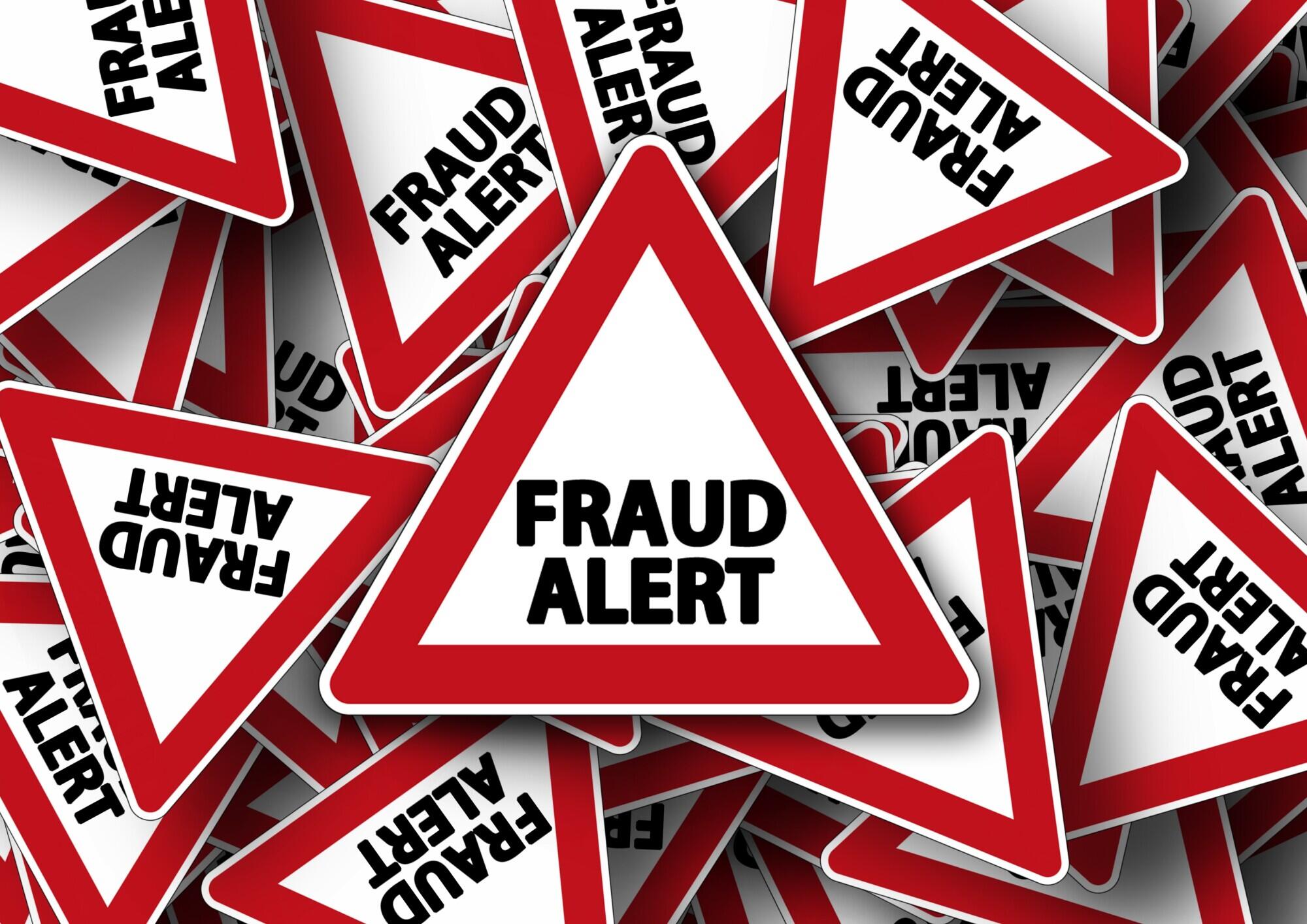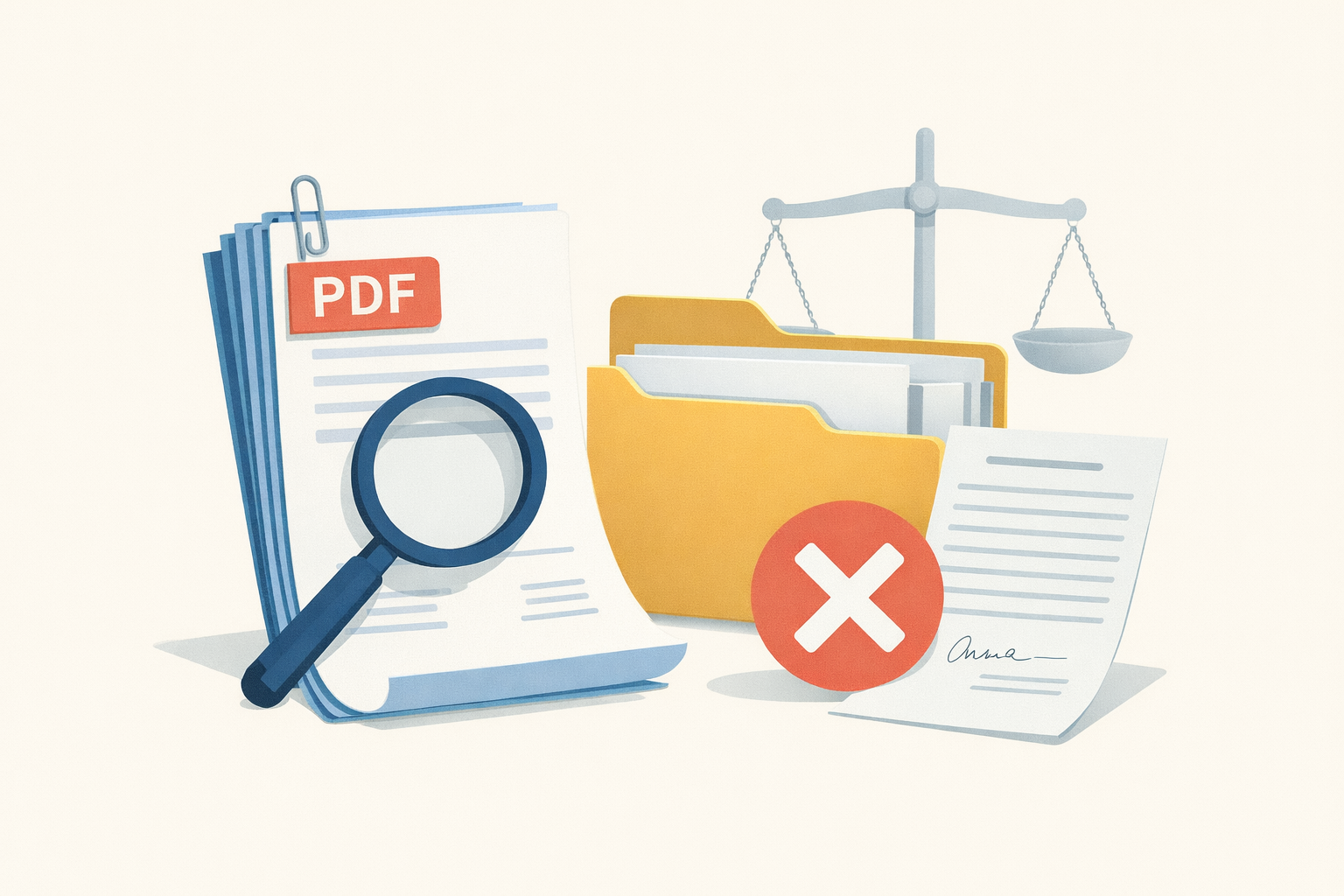We all use all kinds of external apps like social media, messaging platforms, and productivity tools every day. All of that app usage generates a ton of data like messages, documents, and emails.
Data generated by these apps is diverse and unstructured and may be scattered across different platforms and devices. Plus, people use multiple apps for various purposes, which equates to even more data to sift through.
This growing app usage is a big reason why data volumes are exploding in eDiscovery, and organizations need to be ready to deal with it without losing their minds (or their data).
Risky Business
Managing data for electronic discovery can be a real pain, especially when it comes to eDiscovery data collection. But the good news is that you don't have to tackle it alone. Some pretty reliable eDiscovery tools out there can help and make your life a lot easier.
If you don't collect data correctly, it can lead to some serious consequences. For instance, if you collect data in violation of laws or regulations, you could face legal liability for any harm caused. You could also be fined or sanctioned.
Improper data collection can also damage your company's reputation if customers lose trust in your ability to handle their data correctly. It may even be considered a criminal offense, especially if the data was obtained through hacking or other illegal means.
And let's not forget about the dreaded spoliation of evidence. If you fail to collect relevant electronically stored information (ESI), it can result in the alteration of evidence and lead to sanctions from the court. But over-collection of data can also lead to significant costs and delays.
That's why it's crucial to be aware of the potential legal and ethical implications of data collection and ensure that it is done in a responsible and lawful manner.
Check(list) Yourself
Don't freak out and start screaming down the hallway just yet. I know eDiscovery data collection and preservation can be complicated. Still, there are ways to ensure it goes smoothly and is legally sound. Here are some essential steps:
- Understand the scope: It's important to understand the scope of the collection clearly – the project deadlines, priorities, and what data needs to be collected. This includes identifying the relevant custodians, data sources, and time-frames. Not all data is relevant, and you really don’t want to over-collect.
- Establish a defensible process: Creating a secure collection process that aligns with legal and regulatory obligations is crucial. This includes documenting the process, preserving data integrity, and keeping a clear chain of custody.
- Use appropriate data collection technology: When collecting the data, you need to use technology that's right for the job. You want to make sure that it's capturing all the metadata you need, keeping the data intact and has predefined search filters.
- Determine what data should be processed: You may have data that you want to gather and save without doing anything with it for a while. With Logikcull Preserve, you control who can access information, and preserve the data using legal holds and preserve-in-place features so it's preserved properly. Then you won't have to worry about accidentally deleting important data and getting hit with spoliation sanctions.
- Exercise culling best practices: Data culling helps you reduce the cost and time of eDiscovery while it ensures that all relevant data is identified and preserved. Using eDiscovery tools to dedupe/deNIST, thread emails, and utilize keyword search filters can reduce your data set by 86%.
- Be mindful of privacy concerns: Privacy concerns are real. You want to be confident that you're not collecting personally identifiable information (PII) or other sensitive data you don't need. If you do end up collecting any PII or sensitive data, you'll need to redact it or take other steps to protect people's privacy.
Don’t Hesitate, Integrate
Many businesses are investing in a range of different applications, but they often find that these tools don't play well together. The best way to overcome this hurdle is by ensuring that these tools can be seamlessly integrated, and that's where the idea of application integration comes into play.
When it comes to eDiscovery, there’s a host of apps that your eDiscovery collection software needs to be completely compatible with. Some of the most essential include:
- Chat apps: Slack, Microsoft Teams, and Google Chat are probably the most common. Integration with Slack lets you immediately reach custodians with legal hold notices by leveraging the platform they use (and trust) the most. This can make things much easier, especially because Slack data gets exported in strange and unreadable ways, and there is so much of it. Logikcull’s integration even allows you to send legal holds in Slack.
- Email apps: Although Outlook and Gmail are becoming less prevalent, especially in companies that have adopted apps like Slack and Teams, they have not completely disappeared yet. Lots of info gets exchanged via email and shouldn’t be overlooked. You can import manually or avoid the whole debacle by integrating and importing directly from the app to the eDiscovery solution.
- Storage Solutions: Storage solutions such as Box and Google Vault allow for the storage of vast quantities of data and keep it super secure. But, without integration, the process of exporting, downloading, and re-uploading data to your platform can be a real pain. By directly transferring data from the storage solution to your eDiscovery platform, you can avoid the hassle of storing data on your computer, facing the risk of running out of storage, needing to delete it, and worrying about its security.
- Legal Matter Management Apps: Legal case-tracking software apps like Clio and Smokeball are home to tons of case information. An eDiscovery data collection integration can automate your entire workflow ‘s without manual intervention. Logikcull's “Matter Mirroring” reduces time and trouble created by duplicate data.
Overall, system integration in eDiscovery is a game-changer. It helps you manage large volumes of data more efficiently, improves the accuracy and completeness of your data collection, and ultimately reduces the cost and risk associated with the eDiscovery process.
By following these steps and utilizing a platform with stellar integrations, you can be sure to collect and preserve all your data securely and efficiently.
---
If you’d like to see how Logikcull's cloud-based eDiscovery software can simplify the entire eDiscovery process for you, feel free to book a demo today.

.jpg)


